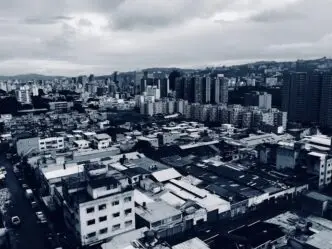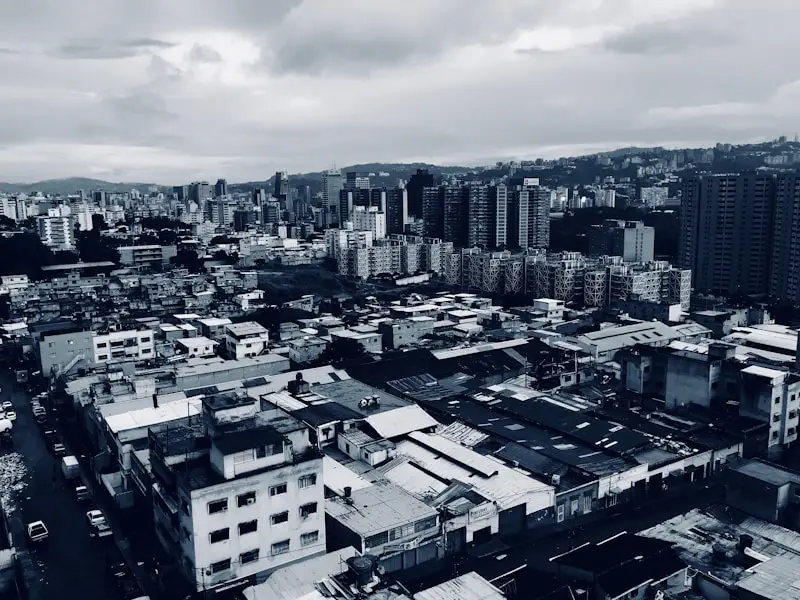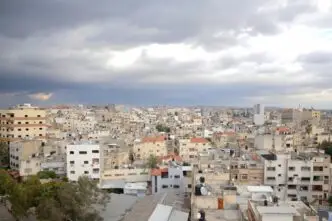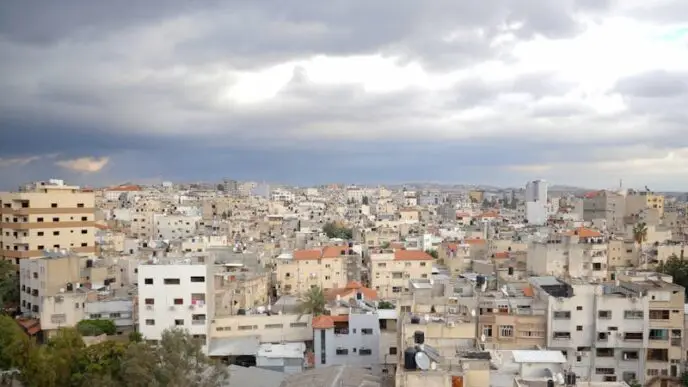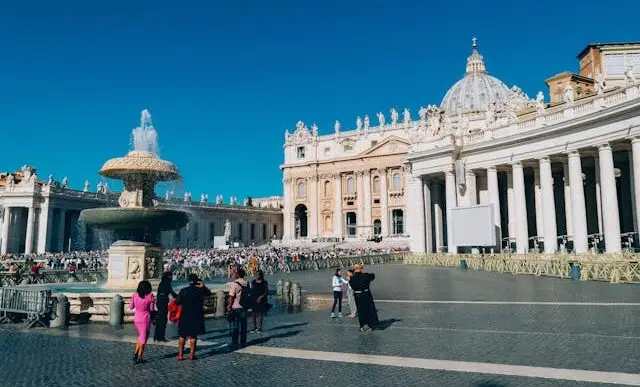In a significant immigration-related development, two planes dispatched by Venezuela returned to the Latin American country from El Paso, Texas, on Monday, carrying nearly 200 Venezuelans. These individuals were residing in the United States illegally and were repatriated in a special operation.
The repatriation underlines the continuing commitment of the Venezuelan government to assist its citizens who wish to return home, while also easing the burden on American immigration authorities grappling with an ongoing crisis at the southern border. The move also underscores the complex tangle of economic, political, and humanitarian factors that continue to shape relations and policies between the U.S. and Venezuela.
Details of the Repatriation Operation
According to sources, the individuals repatriated were primarily young adults and families who had entered the U.S. illegally in recent years. The special flights were part of Venezuela’s “Return to the Homeland” plan, a government-sponsored initiative that provides free flights to Venezuelan nationals wishing to return home from other countries.
The Venezuelan government has dispatched a series of these repatriation flights since 2018, targeting Venezuelans in various countries who have found themselves in challenging situations due to their immigration status. The latest batch of repatriated Venezuelans from the U.S. is the third such group since the program’s inception.
The U.S.-Venezuela Complex Relationship
The repatriation of these individuals is set against the backdrop of a strained relationship between the United States and Venezuela. The U.S. administration has been critical of Venezuelan President Nicolás Maduro’s administration, while also grappling with the surge of migrants from the country due to economic hardship and political instability.
The United States has recognized opposition leader Juan Guaidó as Venezuela’s legitimate president, putting it at odds with the Maduro government. Despite this, the two countries have found common ground in managing the issue of illegal Venezuelan immigrants in the U.S., a problem exacerbated by the ongoing economic and political crisis in Venezuela.
Humanitarian Considerations and the Immigration Crisis
The act of repatriating Venezuelan nationals from the U.S. is not merely an issue of immigration policy; it also carries significant humanitarian implications. The majority of these individuals have fled economic hardship and political repression in Venezuela, only to face the prospect of deportation and an uncertain future in the U.S.
According to the United Nations, over 5.6 million Venezuelans have left their country since 2015 due to the ongoing crisis. The U.S. has been a significant destination for many of these migrants, leading to a surge in the number of asylum applications and a strain on U.S. immigration resources.
The repatriation efforts are therefore seen as a way to ease these pressures while also providing a lifeline to Venezuelans who wish to return home. However, critics argue that such operations are merely a stop-gap measure and call for comprehensive immigration reform and a resolution to the crisis in Venezuela.
As the U.S. and Venezuela continue to navigate their complicated relationship, the plight of Venezuelan immigrants remains a pressing concern. The repatriation of nearly 200 individuals is just one facet of a broader immigration issue that demands attention from both nations and the international community.

